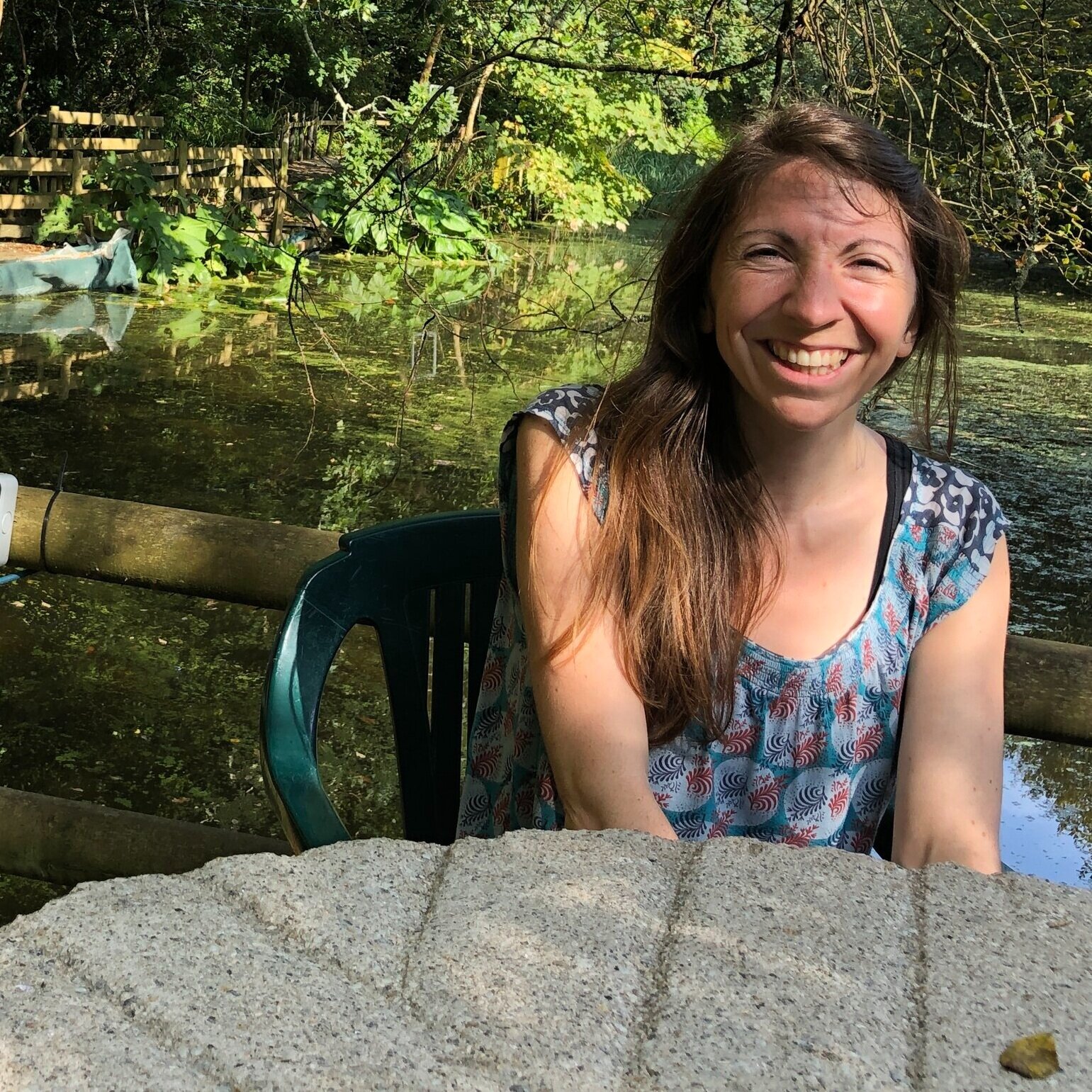
About us
Dr Clare Hickman
Clare works at the intersection of environmental and medical history at Newcastle University and often investigates current issues through the lens of the past. She is beginning to take a sensory approach to history as she feels that this will allow for a new understanding of human-environment relationships and also encourage a more inclusive approach to landscape interpretation. Other areas of expertise include the tracing of pine scent from the sanatorium forest to the bathroom, the garden as a scientific and medical space, design and use of nineteenth and twentieth-century English hospital and asylum gardens, and the role of medical practitioners in the Victorian parks movement. You can read more about her work here https://drclarehickman.wordpress.com
Dr Sarah Bell
Sarah is a critical disability and health geographer at the University of Exeter, with an interdisciplinary profile of research in the intersections between health, wellbeing, disability and the diverse and changing environments encountered through the life course. Sarah’s work is underpinned by a passion for qualitative methodological innovation, designing sensitive approaches that promote critical awareness of alternative ways of embodying and interpreting everyday geographies (including – but not limited to – those often described as ‘nature-based’). You can read more about Sarah’s most recent work via: www.sensing-nature.com
Our network approach
By bringing together academics, practitioners and policy makers, ‘Unlocking Landscapes’ will bridge traditional policy silos. We aim to complement management and decision-making approaches that foreground biodiversity with a focus on human diversity. Through the network, we will consider the complex ways in which landscapes become meaningful to diverse individuals and groups through their senses, personal memories and shared histories.
With a particular focus on management decisions pertaining to health and wellbeing, we adopt a broad interpretation of landscape, recognising that moments of health and wellbeing can unfold through the smallest scales of landscape encounter (for example, within city allotment plots, urban public parks and hospital gardens) to more expansive encounters with country parks, national parks, heritage coastlines and historic estates.
Supported by a series of networking activities, which will involve a wide range of participants from within and beyond academia, we will demonstrate how arts and humanities research can offer valuable insights into four key questions of particular relevance to landscape policy and practice:
How is landscape sensed and made sense of by different individuals and groups?
What are the cultural historical underpinnings of landscape experience?
What are the tensions between personal and collective landscape meanings
How can we learn from human diversity to facilitate genuine landscape inclusion that moves beyond basic access provision?

